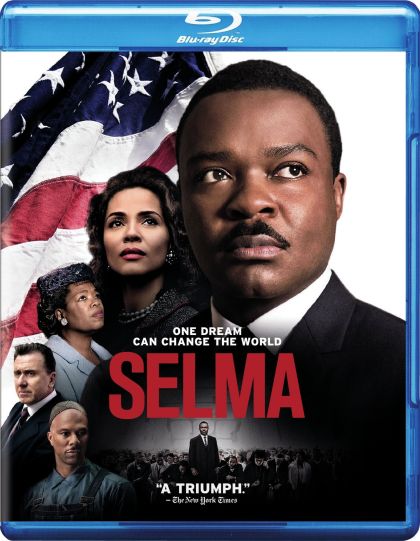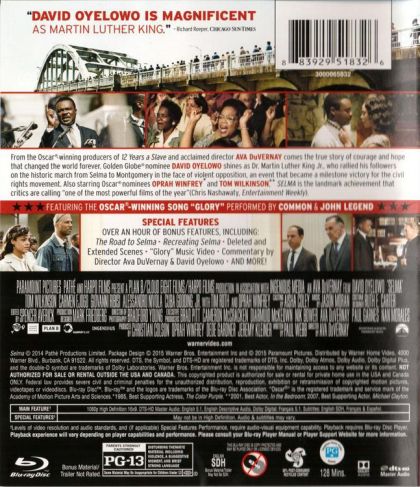Selma

"Selma," as in Alabama, the place where segregation in the South was at its worst, leading to a march that ended in violence, forcing a famous statement by President Lyndon B. Johnson that ultimately led to the signing of the Civil Rights Act.
The unforgettable true story chronicles the tumultuous three-month period in 1965, when Dr. Martin Luther King, Jr. led a dangerous campaign to secure equal voting rights in the face of violent opposition. The epic march from Selma to Montgomery culminated in President Johnson signing the Voting Rights Act of 1965, one of the most significant victories for the civil rights movement. Director Ava DuVernay's "Selma" tells the story of how the revered leader and visionary Dr. Martin Luther King, Jr and his brothers and sisters in the movement prompted change that forever altered history.
- Written by Miss W J Mcdermott
Alabama, 1965. While black citizens of Alabama constitutionally have the same voting rights as whites, they are hamstrung by racist local registration officers, politicians and lawmen. Dr Martin Luther King and his followers go to Selma, Alabama to attempt to achieve, through non-violent protest, equal voting rights and abilities for black people.
- Written by grantss
A chronicle of Dr. Martin Luther King, Jr.'s campaign to secure equal voting rights via an epic march from Selma to Montgomery, Alabama, in 1965.
SYNOPSIS
1965. After the end of segregation Dr. Martin Luther King receives Nobel Prize amidst the still heated south of the USA, with the then recent church bombing that claimed five little girls lives. D. king meets with President Lyndon Johnson, demanding him to act on black peoples right to vote. When Johnson evades, Dr. King goes to Selma Alabama where blacks are of more than fifty percent of population but are still restricted from voting. The white supremacists are embodied in the Sheriff Jim Clark. Dr. King says the movement needs drama to attract Johnsons attention. First they stand in front of the county registration, which ends in arrests. While Dr. King is in prison, his wife meets with Malcolm X, the leader of the other polar of the black movement. X tells her that hes views of Dr. King has changed and hes willing to help, although in a harsh way.
When Dr. King gets out of jail and is out Selma, an unofficial gathering happens at night that ends in violence as troopers disperse the crowds. A boy Jimmy Lee Jackson is killed in that incident. Soon the group decides to have a march from Selma to Montgomery, Alabama. The march ends in total violence where the participants are bludgeoned and beaten and all the imagery are captured on TV and news papers. Dr. King didnt walk with them as its expected to end in violence as Johnsons aide told them. He calls out to all kinds of people to join the next march. Many people come to join, even whites, most of them clergy. But when the march actually goes, despite Johnsons attempt to make a deal with Dr. King, The troopers withdraw from their guard. But Dr. King backs down from his march. But that night a clergy member who participated on the march gets beaten and killed. And the court grants the legality for the march. At last President Johnson sends the Congress a bill to end the voting restrictions.
Cast View all
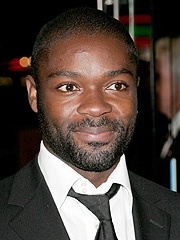
|
David Oyelowo | Dr. Martin Luther King / Jr. |

|
Carmen Ejogo | Coretta Scott King |

|
Jim France | Gunnar Jahn |

|
Trinity Simone | Girl #1 |

|
Mikeria Howard | Girl #2 |

|
Jordan Rice | Girl #3 |

|
Ebony Billups | Girl #4 |

|
Nadej K. Bailey | Girl #5 |

|
Elijah Oliver | Boy #1 |
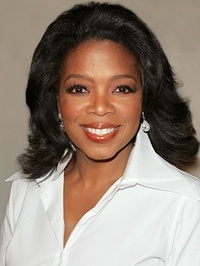
|
Oprah Winfrey | Annie Lee Cooper |

|
Clay Chappell | Registrar |

|
Tom Wilkinson | President Lyndon B. Johnson |

|
Giovanni Ribisi | Lee White |

|
Haviland Stillwell | President's Secretary |
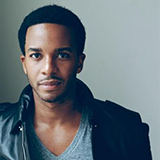
|
Andre Holland | Andrew Young |
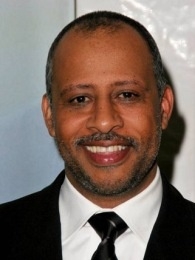
|
Ruben Santiago-Hudson | Bayard Rustin |
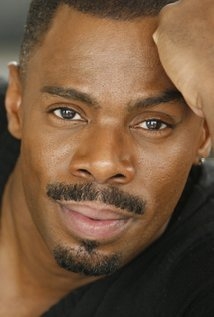
|
Colman Domingo | Ralph Abernathy |
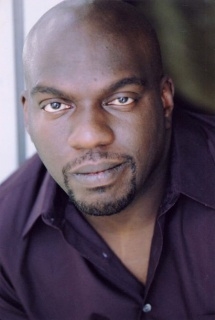
|
Omar J. Dorsey | James Orange |

|
Tessa Thompson | Diane Nash |
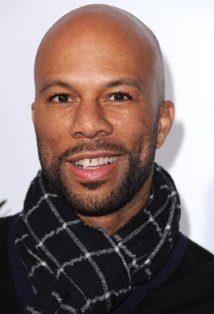
|
Common | James Bevel |

|
Lorraine Toussaint | Amelia Boynton |

|
David M. Morizot | Assaulting White Man |
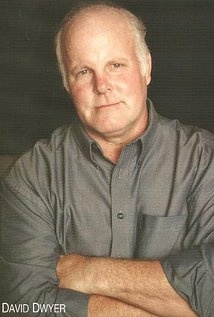
|
David Dwyer | Chief Wilson Baker |
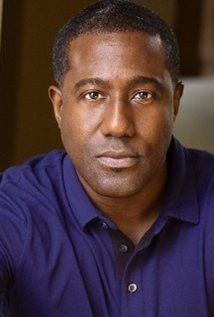
|
E. Roger Mitchell | Frederick Reese |

|
Dylan Baker | J. Edgar Hoover |
Crew
| Director | Ava DuVernay |

|
| Writer | Paul Webb | |
| Producer | Nik Bower, Christian Colson, Ava DuVernay, Dede Gardner, Paul Garnes, Jeremy Kleiner, Cameron McCracken, Diarmuid McKeown, Nan Morales, Brad Pitt, Oprah Winfrey | |
| Musician | Jason Moran | |
| Photography | Bradford Young | |
Edition details
| Nr Discs | 1 |
|---|---|
| Screen Ratios | Theatrical Widescreen (2.35:1) |
| Audio Tracks | DTS-HD HR 5.1 [English] |
| Distributor | Warner Brothers |
| Edition Release Date | Nov 17, 2015 |
| Regions | Region A |
Personal
| Owner | Kerry & Dawn |
|---|---|
| Location | Movies-02 |
| Storage Device | TD 14 |
| Purchased | On Sep 04, 2017 |
| Index | 879 |
| Added Date | Sep 04, 2017 23:02:05 |
| Modified Date | Apr 17, 2024 00:48:37 |


 English
English  Nederlands
Nederlands  Deutsch
Deutsch  Français
Français  Español
Español  Magyar
Magyar  српски
српски  Dansk
Dansk  Italiano
Italiano  Svenska
Svenska  Slovenčina
Slovenčina  Português
Português 
